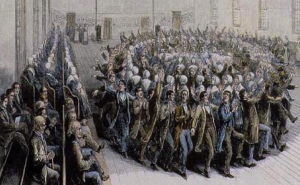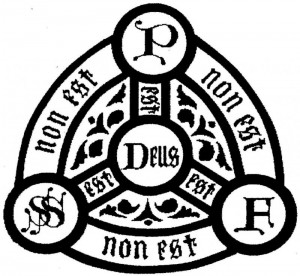 They shall live secure, for now he shall be great to the ends of the earth. – Micah 5:4b
They shall live secure, for now he shall be great to the ends of the earth. – Micah 5:4b
If you would enter
into the wilderness,
do not begin
without a blessing.Do not leave
without hearing
who you are:
Beloved,
named by the One
who has traveled this path
before you.Do not go
without letting it echo
in your ears,
and if you find
it is hard
to let it into your heart,
do not despair.
That is what
this journey is for.I cannot promise
this blessing will free you
from danger,
from fear,
from hunger
or thirst,
from the scorching
of sun
or the fall
of the night.But I can tell you
that on this path
there will be help.I can tell you
that on this way
there will be rest.I can tell you
that you will know
the strange graces
that come to our aid
only on a road
such as this,
that fly to meet us
bearing comfort
and strength,
that come alongside us
for no other cause
than to lean themselves
toward our ear
and with their
curious insistence
whisper our name:Beloved.
Beloved.
Beloved.
That is the poem Beloved Is Where We Begin by Jan Richardson from her collection of verse entitled Circle of Grace.[1] It is a poem for Lent, but it also speaks to us of the Advent promise we hear in the prophecy of Micah, “They shall live secure, for now he shall be great to the ends of the earth.”[2] On the Christian journey, as poet Richardson writes, wherever it may take us, there will be help; there will be the security promised by Micah.
 The collect for today from The Book of Common Prayer:
The collect for today from The Book of Common Prayer: Some of you may have heard of Brooks’s law, which has to do with the time it takes to complete a software project. It’s similar to the general law of diminishing returns in economics. Professor Fred Brooks of the University of North Carolina first proposed the law in 1975; it holds that “adding manpower to a late software project makes it later.”
Some of you may have heard of Brooks’s law, which has to do with the time it takes to complete a software project. It’s similar to the general law of diminishing returns in economics. Professor Fred Brooks of the University of North Carolina first proposed the law in 1975; it holds that “adding manpower to a late software project makes it later.”

